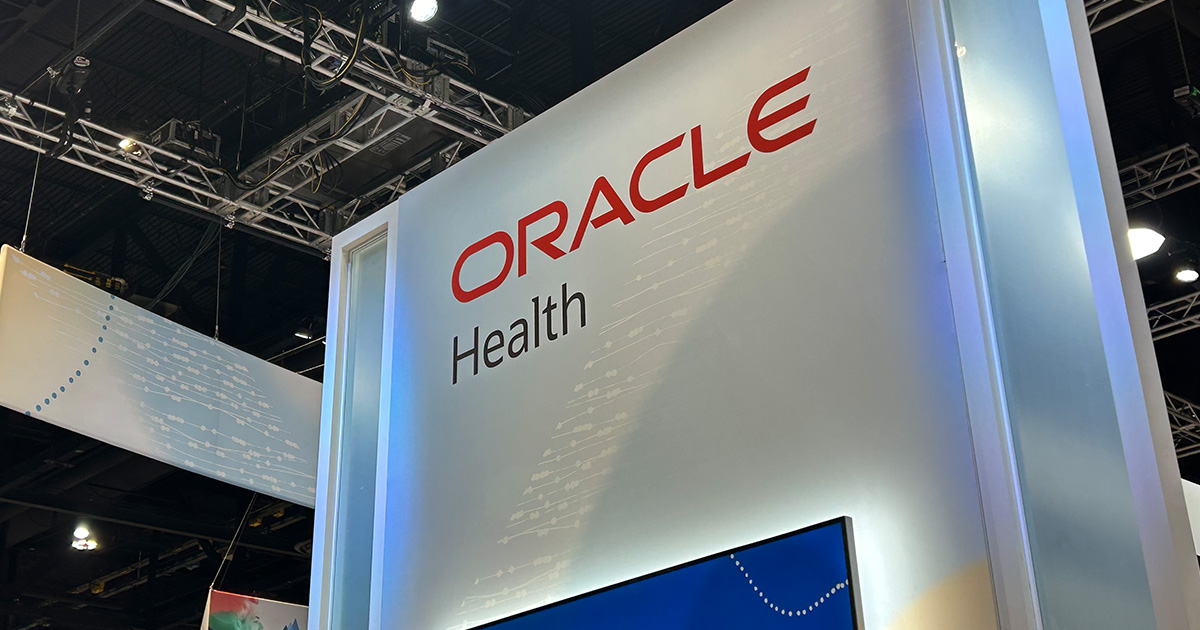Even as stakeholders await the imminent release of the final updates to Stage 3 meaningful use, there's still widespread interest in delaying it altogether. Fueling that fire is the recent passage of legislation to overhaul the physician payment system.
[See also: Payment rules, MU3 on collision course?]
The Medicare Access and CHIP Reauthorization Act, passed this spring with its Medicare Merit-Based Incentive Payment System, will attempt to bring all existing quality measures under one umbrella – but no one knows exactly how.
The lack of details on this is driving physicians and vendors alike into a state of deep concern. It takes time to install updates to electronic health records, and time to collect appropriate data. This has caused many to question whether MIPS, and its unknown requirements, will work compatibly with Stage 3 meaningful use.
[See also: Post SGR-world could pose IT challenges]
"Evolving meaningful use into a pay-for-outcomes program, rewarding creative uses of technology, is a more sustainable approach," says John Halamka, MD, chief information officer of Beth Israel Deaconess Medical Center and co-chair of the National HIT Standards Committee.
"A delay in Stage 3 would enable the thoughtful rollout of a MIPS program that encourages technology innovation instead of a meaningful use penalty program that co-opts the agenda of healthcare providers and vendors," he said.
In addition to all the uncertainty about meaningful use and MIPS, there's another wild card in the mix, according to Robert Tennant, senior policy advisor of government affairs at the Medical Group Management Association: Whoever wins the 2016 presidential election – whether Democrat or Republican – could easily want to put their thumbprint on the two programs – something easily done because most of the particulars are determined through the HHS-led regulatory process.
Congress takes notice
Normally how these things work is Congress writes a law and the regulators take over. Now concerns have mounted enough to attract attention on Capitol Hill. Several laws proposing potential relief are on the table, with the potential for more. They are widely supported by physician, hospital and health IT trade associations. They include:
- alignment of the two programs, as proposed in a new bill (Flex-IT 2 Act), sponsored by Rep. Renee Ellmers (R-NC);
- amendments to eliminate meaningful use penalties, as proposed in the 21st Century Cures Act.
In addition, the highly influential Senate Committee on Health, Education, Labor & Pensions (HELP) has hosted a series of hearings this summer to examine the situation, with more hearings scheduled. In one of those hearings, Committee Chair Lamar Alexander, R-TN, expressed deep concern: "Doctors and hospitals are terrified," he said.
Alexander also expressed interest in delaying meaningful use 3. Insiders expect legislation to come out of these hearings.
Leslie Krigstein, interim vice president of public policy at the College of Healthcare Information Management Executives, said pleas from their constituents are bringing health IT issues to top of mind for Congress, particularly for key committees.
"They're seeing providers really struggling and giving it the best they've got and coming up short," she said.
This attention is needed and it's "definitely time," Krigstein said. "We're at a critical point in the program."
Playing the waiting game
As of now, stakeholders are still waiting for the Centers for Medicare & Medicaid Services to release final rule changes to Stage 3 regulations for 2015 through 2016 – expected before Labor Day – in addition to final rules for Stage 3 for 2017 and beyond – expected before year's end.
MIPS will not take effect until 2019, but it will use data from 2017. When the notice of proposed rulemaking on MIPS will be released is anyone's guess. CMS is unable to say.
CHIME and the Health Information and Management Systems Society (HIMSS), along with 16 other groups, recently urged CMS for the earliest possible release of meaningful use 3 updates.
[See also: Flex-IT 2 bill calls for meaningful use relief]


